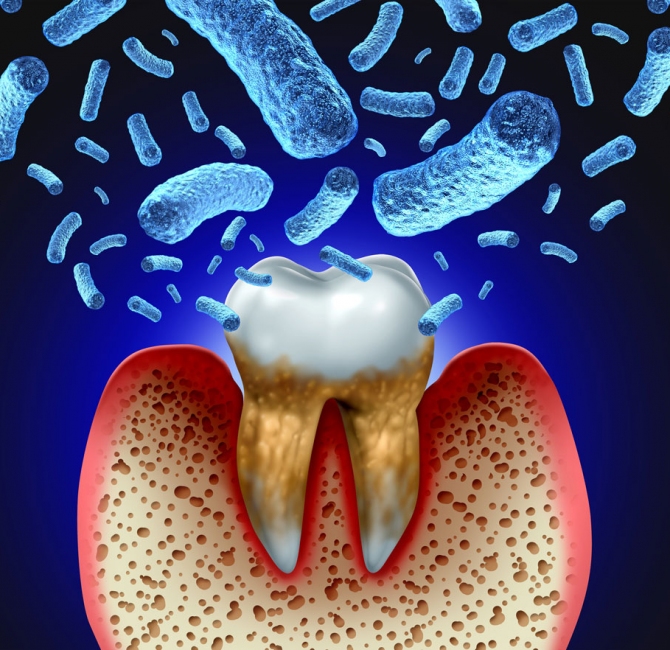Teeth survive about 11 years after a root canal, according to new research from Regenstrief Institute and Indian University School of Dentistry. The groundbreaking study is the first to analyze records from community dental practices.
“The findings of this study give deeper insight into the longevity of dental procedures because it provides real-world data on a wider range of patients, not just those receiving care in large health systems or those who are insured,” said first author Thankam Thyvalikakath, DMD, MDS, PhD, director of the Regenstrief-IU School of Dentistry dental informatics program. “This information can be used to inform dental practice, and help patients and dentists make better care decisions.”
Root canals are an important treatment to maintain natural teeth affected by disease. However, over time, the treated tooth eventually becomes brittle and dies. Understanding the outcomes of the procedure is essential to improving dental treatments.
For this study, the research team gathered deidentified electronic dental records from the National Dental Practice-Based Research Network, consisting of 99 small group and solo dentistry practices from around the country. The data covered more than 46,000 patients who received root canals.
Data analysis revealed that the median survival time of a tooth after a root canal is 11.1 years. However, several factors can impact that, including follow-up treatments.
- Teeth that receive a root canal, and a subsequent filling and crown last about 20 years.
- Teeth that receive either a filling or a crown after a root canal last around 11 years.
- Teeth that receive no restorative work after a root canal only last about 6.5 years.
Insurance status also played a significant role in tooth survival time.
“This data could also inform dental insurance coverage by demonstrating the value of crowns and permanent restoration options,” said Dr. Thyvalikakath. “Oral health is a public health issue that significantly affects people’s overall health. Leveraging dental records can help us better understand ways to improve treatment, identify causal relationships and maintain the health of teeth and gums.”
This study provides more representative data of the overall population than previous studies. It also demonstrates that meaningful insights can be gained through analysis of existing data from routine dental care.



